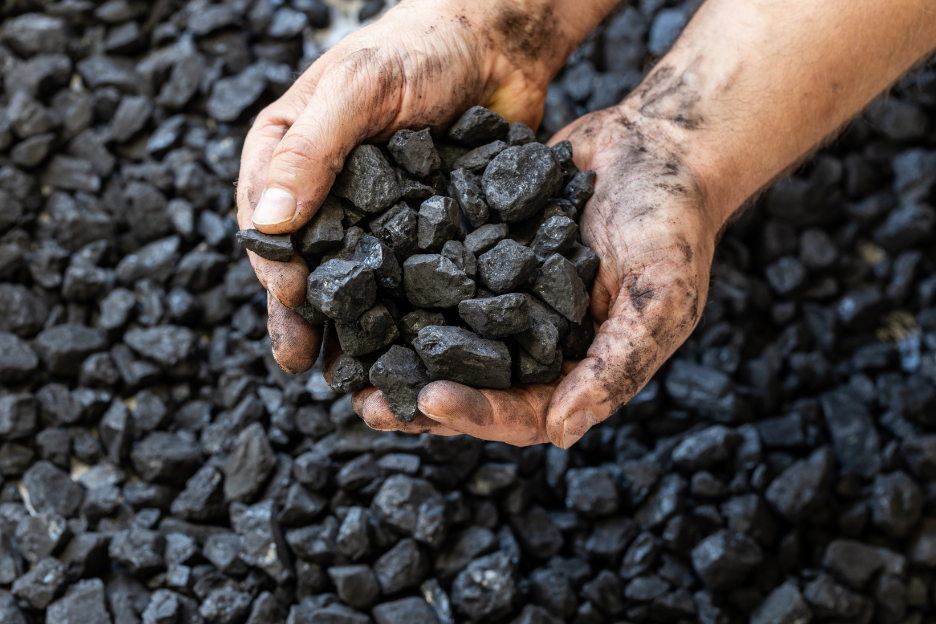Coal slag is a byproduct of the coal-burning process that has found various industrial applications. It is a versatile material known for its abrasiveness, durability, and cost-effectiveness.
Coal slag is created when coal is burned in power plants to generate electricity. During this process, the intense heat causes impurities and non-combustible materials to fuse together, forming a glass-like substance. Once the coal is burned, the remaining slag is collected, cooled, and processed into different forms for various applications.
Below, this coal slag supplier in Columbus, Ohio is going to explore the manufacturing side of coal slag, discussing some of the key things you should know about the process.
The manufacturing process of coal slag
The manufacturing process of coal slag involves several steps to ensure its quality and consistency. First and foremost, the raw coal is pulverized into a fine powder. This coal powder is then fed into a furnace, where it is burned at high temperatures. As the coal burns, impurities and non-combustible materials separate and rise to the surface. This molten material is then tapped off and rapidly cooled, causing it to solidify into a glassy substance.
Once cooled, the solidified slag is crushed, ground, and screened to obtain different sizes and grades. The resulting slag can be further processed by a professional coal slag supplier in Columbus, Ohio to remove any residual impurities, ensuring a high-quality product. These processing steps may include magnetic separation, washing, and drying, depending on the intended application of the coal slag.
Raw materials used in coal slag production
The primary raw material used in coal slag production is coal, specifically bituminous coal. Bituminous coal is commonly used due to its high carbon content, which makes it an excellent fuel source. Other materials, such as limestone and dolomite, may also be added to the furnace to aid in the combustion process and control the chemical composition of the slag.
Limestone is often used as a fluxing agent to remove impurities and improve the fluidity of the molten slag. It reacts with the impurities, forming a slag that can be easily separated from the molten metal. Dolomite, on the other hand, helps in maintaining the desired chemical composition of the slag, ensuring its suitability for different applications.
The role of a coal slag supplier in Columbus, Ohio
A coal slag supplier plays a crucial role in the distribution and supply of coal slag to industries in the Columbus, Ohio area. They act as a bridge between the manufacturers and end-users, ensuring a smooth and efficient supply chain. The supplier sources high-quality coal slag from reliable manufacturers, ensuring that the product meets the required specifications and standards.
A reputable coal slag supplier in Columbus, Ohio understands the unique requirements of different industries and provides tailored solutions to meet their needs. They offer a wide range of coal slag products, including different grades and sizes, to cater to the diverse applications of coal slag. Additionally, they provide technical support and expertise, helping customers choose the right product for their specific requirements.
Looking for a Coal Slag Supplier in Columbus, Ohio?
Now that you’re more familiar with coal slag and its manufacturing process, are you ready to order some for your industrial applications? If so, and if you’re looking for the top-rated coal slag supplier in Columbus, Ohio, look no further than our team at Black Diamond Abrasives.
Our team is committed to providing exceptional products and services to meet your industrial needs. With a strong network of manufacturers and a dedicated team, we have what it takes to ensure a reliable supply of coal slag that meets the highest standards of quality and consistency.
Contact us today to learn how we can help.

